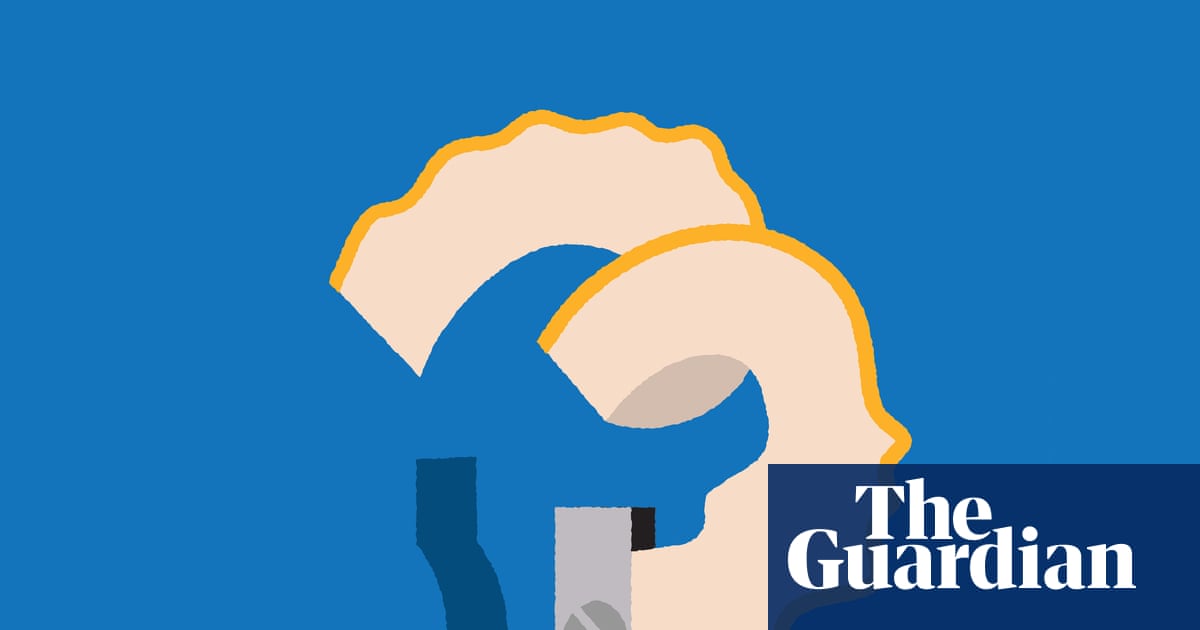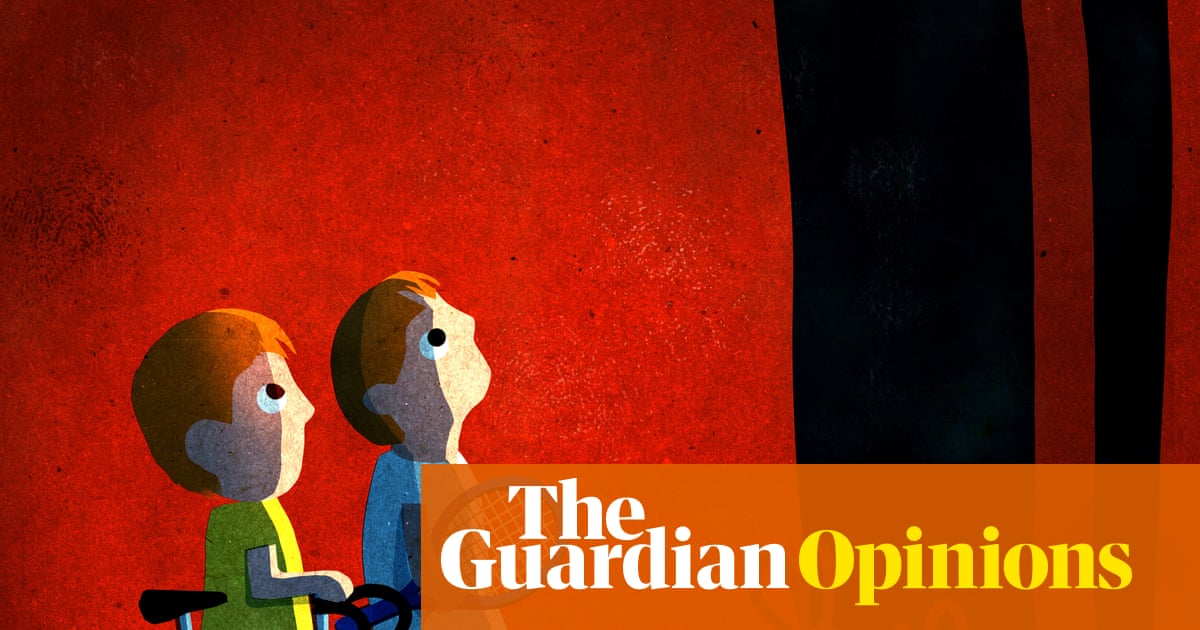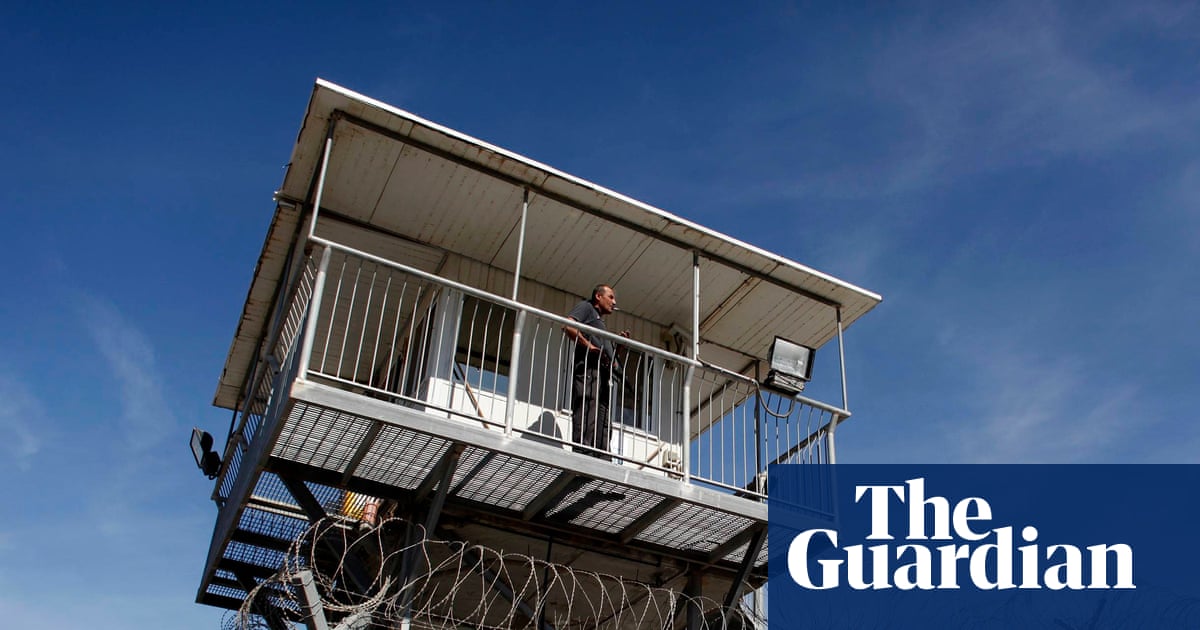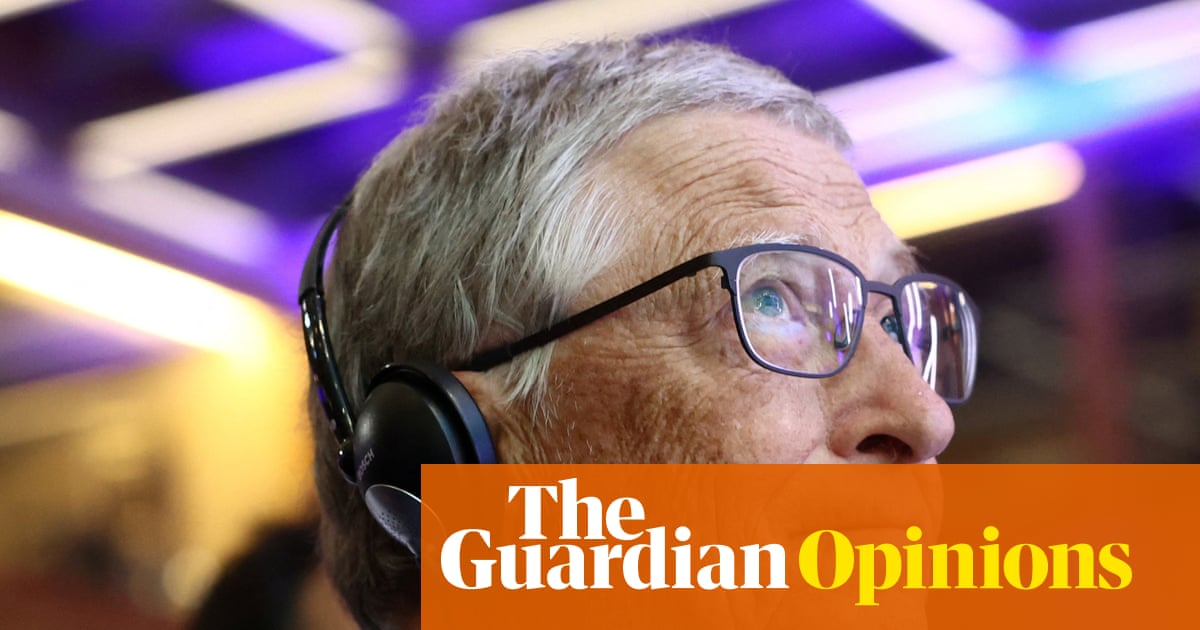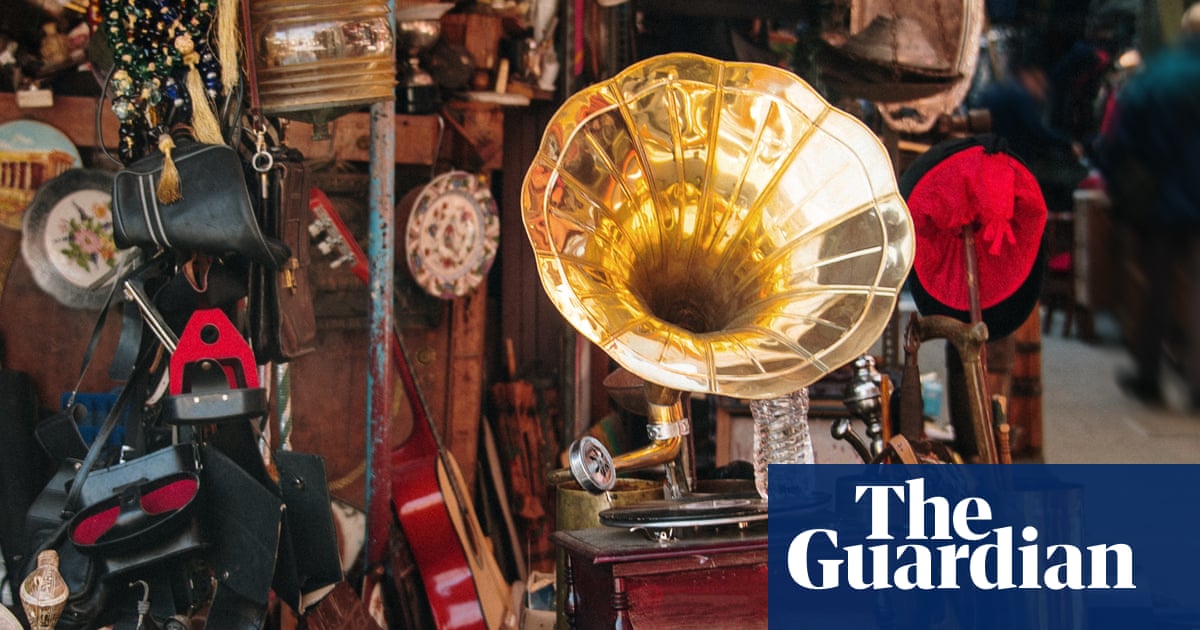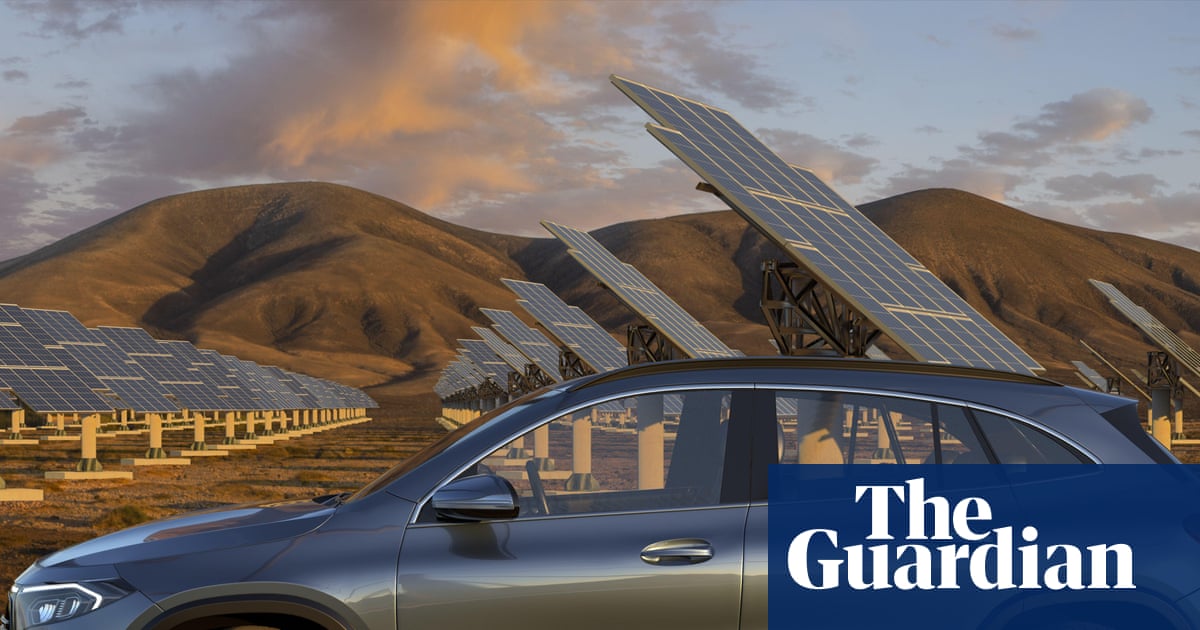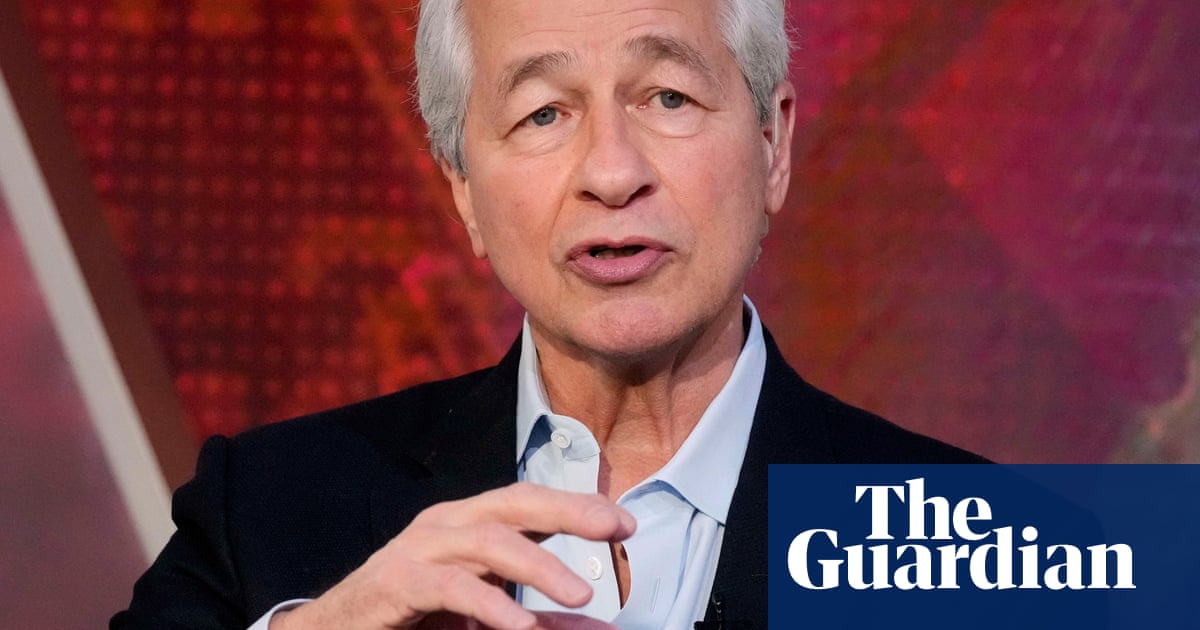The EU has threatened to impose nearly €100bn (£87bn) worth of tariffs on US imports ranging from bourbon whiskey and Boeing aircraft in one fell swoop if Donald Trump does not agree a trade deal by the end of next week.
The European Commission said on Wednesday it planned to combine two previously prepared separate lists of US goods to be included in any retaliatory moves against the US president’s import tariffs.
If Brussels follows through on the threat, it would mean tariffs on US imports to the EU including poultry and alcohol in the first €21bn list, as well as the more recent list of €72bn of goods, which featured cars and planes.
If agreed by EU member states, through a vote expected in the coming days, the €93bn of counter-tariffs could be imposed from 7 August.
“The EU’s primary focus is on achieving a negotiated outcome with the US,” said Olof Gill, a trade spokesperson for the European Commission,adding that it would “continue in parallel to prepare for all outcomes”. To make countermeasures “clearer, simpler and stronger we will merge lists 1 and 2 into a single list”, he said.
The EU trade commissioner, Maroš Šefčovič, was due to talk to the US commerce secretary, Howard Lutnick, before a briefing to EU ambassadors on Wednesday afternoon.
Diplomats say the mood is hardening in Brussels after the US president rejected an agreement in principle 10 days ago, while at the same time upping the ante by threatening 30% blanket tariffs from 1 August in the event of no deal.
Germany, which has publicly pushed for a quick deal to end the crippling 27.5% tariffs on its car industry, is now favouring the use of the anti-coercion instrument (ACI), an EU regulation considered its “nuclear deterrent” against economic coercion.
The ACI would enable the EU to retaliate with an arsenal of measures including tariffs, as well as a potential ban on US services – which would hit the tech sector hard.
The European car industry has been particularly affected by the tariffs. Stellantis, the owner of Jeep and Vauxhall, this week said Trump’s tariffs have cost it €300m and Volvo reported a sharp decline in second-quarter operation.
The French president, Emmanuel Macron, has long argued that the EU needs to be prepared to retaliate and counter Trump’s threats in a tougher fashion.
Both Germany and France spoke about the ACI at a meeting of ambassadors last Friday.
“It was certainly a shift in rhetoric, but it is not clear whether they would be advocating pressing the actual button,” said one diplomat in Brussels.
after newsletter promotion
Tobias Gehrke, senior policy fellow at the European Council on Foreign Relations thinktank, said the EU had missed an opportunity by not warning that it would use the ACI after a trade ministers summit early last week, two days after Trump sent it a letter threatening 30% tariffs.
“There is a sense that the bloc has fumbled its hand, despite holding decent cards,” he said. “The EU should have immediately retaliated against US tariffs. While the mantra ‘negotiate from a position of strength’ was oft-repeated in speeches, any associated actions never materialised.”
He said the only way to break the impasse would be a face-to-face meeting between Trump – who is in Scotland this weekend – and Macron, the German chancellor, Friedrich Merz, and the Italian prime minister, Giorgia Meloni.
The latest EU move comes before a summit with China on Thursday between theEuropean Commission president, Ursula von der Leyen, the president of the EU council, Antonio Costa, and China’s president, Xi Jinping.
China maintains a dominant position in the trade relationship – its trade surplus for the first six months of 2025 stood at €143bn, up 20% year on year, with exports of hybrid electrical cars tripling from January to May. These do not attract the punitive tariffs introduced in 2023 by the EU. Electric car imports dropped 32% for the same period.
At the same time, China’s restriction on rare earths is hitting the German car industry, which needs magnets for window and boot opening mechanisms.

.png) 3 months ago
39
3 months ago
39
